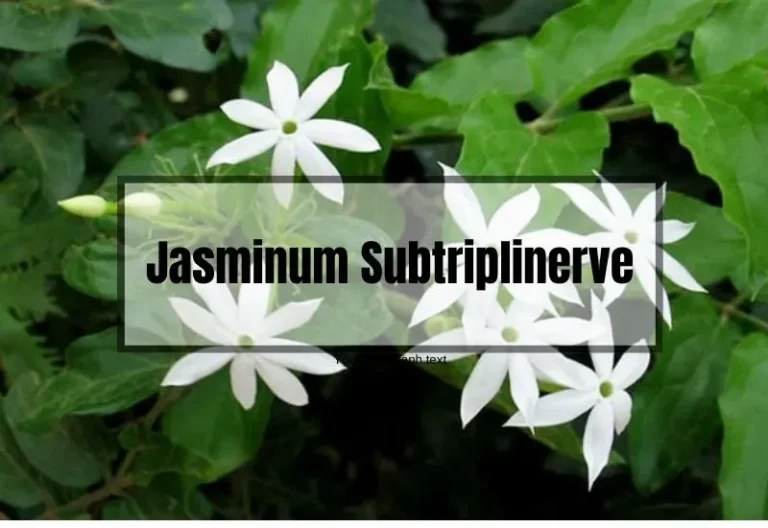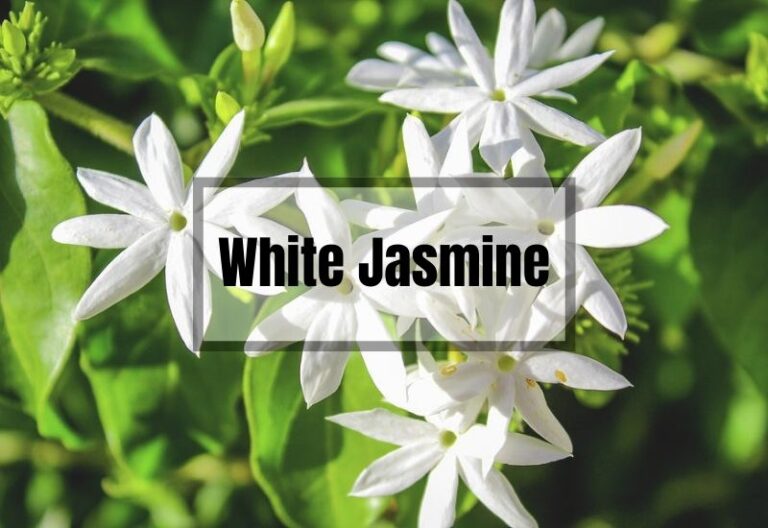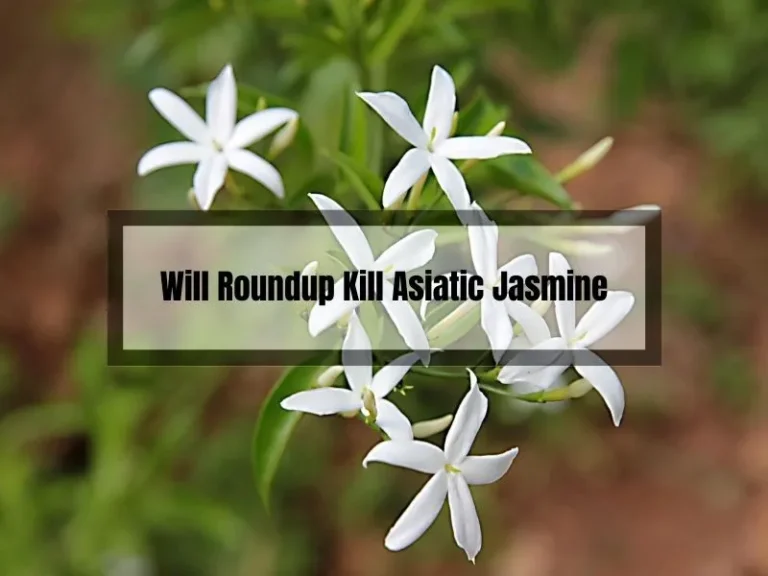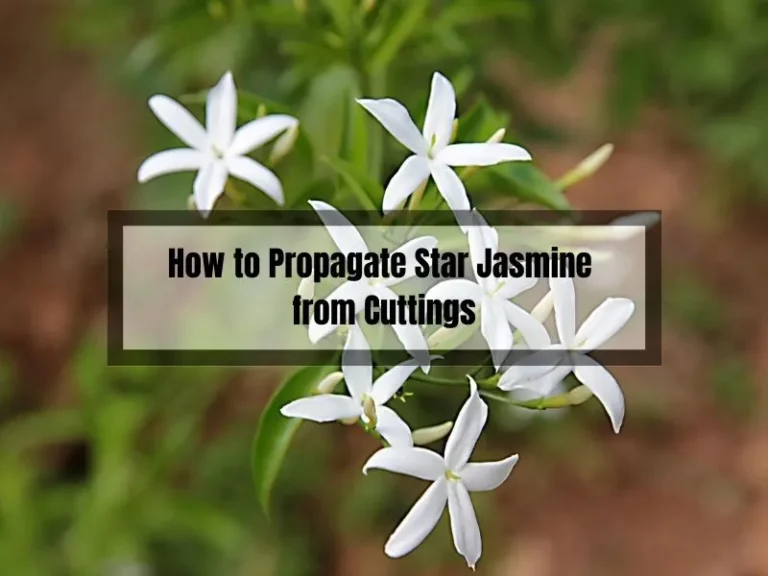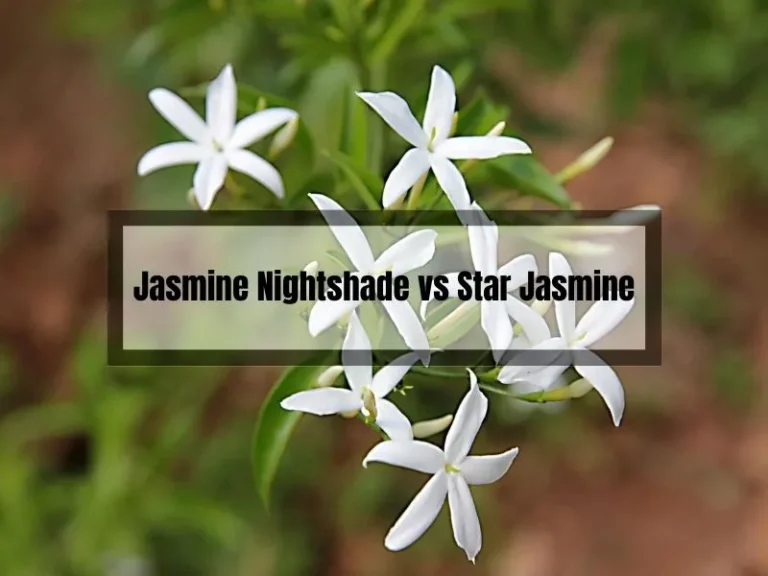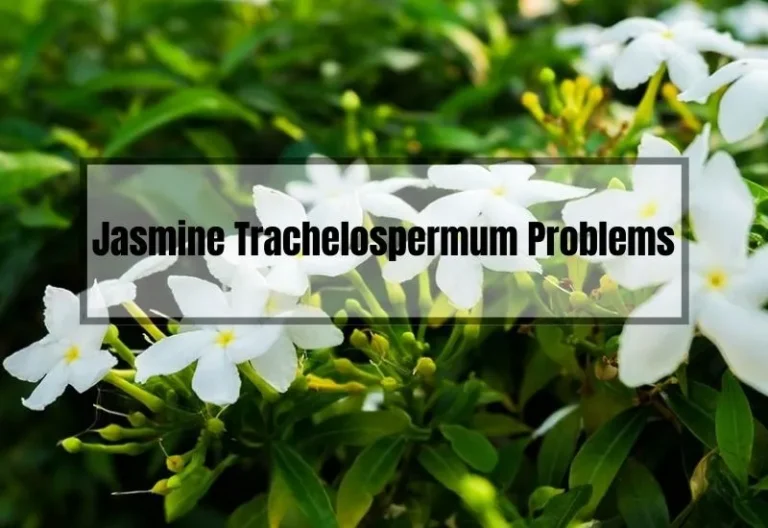Will Vinegar Kill Jasmine? A Natural Solution to Control Asian Jasmine
Are you wondering if vinegar is an effective solution to control Asian jasmine plants? While vinegar has been used as a natural herbicide, it is important to understand its impact on the health of your jasmine plants.
Excessive use or direct application of vinegar on the plant’s foliage may cause damage or death to the plant. Therefore, it is advisable to avoid using vinegar on jasmine plants or any other plants unless it is recommended by a professional.
Understanding jasmine plant care is essential to maintaining healthy plants. Jasmine plants require regular pruning to keep them in check and prevent them from becoming invasive.
In addition, it is important to provide the right amount of water and sunlight to ensure that the plant thrives. If you are experiencing issues with your jasmine plants, it is best to consult with a professional to determine the best course of action.
Key Takeaways
- Excessive use or direct application of vinegar on jasmine plants may cause damage or death to the plant.
- Regular pruning and proper care are essential to maintaining healthy jasmine plants.
- Consult with a professional before using herbicides on your plants to ensure that you are taking the best course of action for your specific situation.
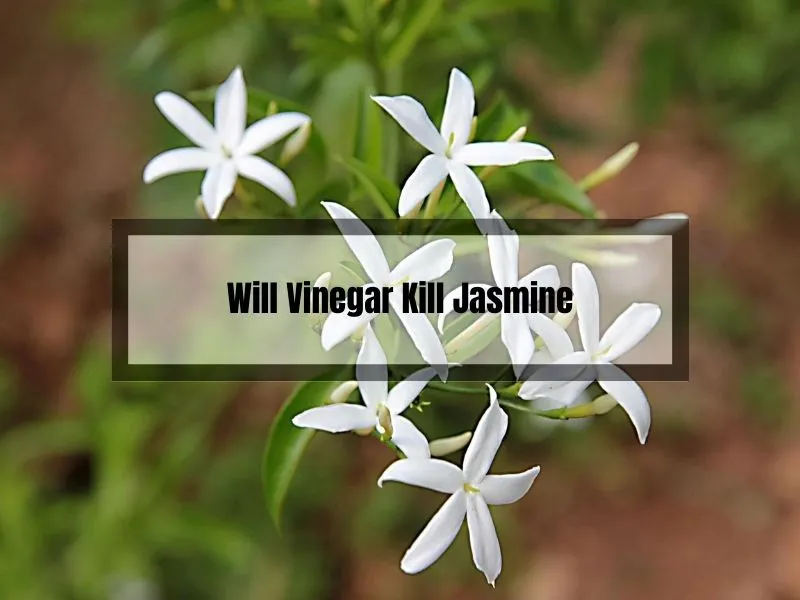
Will Vinegar Kill Jasmine?
If you are looking for a natural solution to control Asian Jasmine, you may have heard that vinegar can be an effective remedy. But the question is, will vinegar kill Jasmine?
While there is no conclusive evidence that vinegar specifically kills Jasmine plants, excessive use or direct application of vinegar on the plant’s foliage may cause damage or death to the plant. Therefore, it is advisable to avoid using vinegar on Jasmine plants or any other plants unless it is recommended by a professional.
Vinegar is a potent acid, and it can harm your plants, especially if used improperly. It is essential to remember that vinegar is not a selective herbicide and can kill any plant it comes into contact with, including desirable plants.
If you want to use vinegar to control weeds or unwanted plants, it is best to use it in a diluted form. Mix one part vinegar with three parts water and add a few drops of dish soap to help the solution stick to the leaves. Spray the solution directly on the leaves of the plant you want to kill, being careful not to spray any desirable plants.
However, it is worth noting that there are other effective ways to kill Jasmine plants. Glyphosate-based herbicides, such as Roundup and Network, are effective in killing Jasmine plants. These herbicides work well if the plant has sufficient foliage, and you should follow the manufacturer’s instructions carefully.
Other Natural Methods to Control Asian Jasmine
If vinegar isn’t doing the trick or if you’re interested in exploring other natural methods to control Asian jasmine, check out these alternatives.
Manual Removal
- The importance of removing roots and runners
Manually removing the Asian jasmine can be an effective method, but it requires some elbow grease. Be sure to remove not only the above-ground parts of the plant but also the roots and runners. This will help prevent the plant from regrowing and spreading further.
- Tips for effective manual removal
When manually removing Asian jasmine:
- Use gardening gloves to protect your hands from scratches and irritation.
- Use a garden fork or shovel to help loosen the soil and make it easier to pull up the roots and runners.
- Dispose of the removed plant material properly, as leaving it in the garden may allow it to take root again.
Using Alternative Organic Herbicides
- Salt-based herbicides
Salt can be an effective, natural herbicide for controlling invasive plants like Asian jasmine. Mix a solution of 1 part salt to 8 parts water and apply it to the targeted plants. Keep in mind that salt can harm other plants and can affect soil quality, so use it sparingly and with caution.
- Citrus oil-based herbicides
Citrus oil-based herbicides can be an effective and eco-friendly option for controlling Asian jasmine. These herbicides are made from natural citrus oils and can be found at garden centers or online. Be sure to follow the product’s instructions for application and safety.
Preventing Regrowth
- Planting native ground cover
After you’ve successfully removed the Asian jasmine, consider planting native ground cover species to help prevent the invasive plant from reestablishing itself. Native plants are adapted to the local environment and can help maintain a healthy ecosystem.
- Regular monitoring and maintenance
Keep an eye on the area where the Asian jasmine once grew and be prepared to take action if you notice new growth. Regular monitoring and maintenance can help prevent the plant from making a comeback and taking over your garden once again.
Understanding Jasmine Plant Care
Jasmine plants are a popular choice for gardeners and homeowners alike. They are known for their fragrant flowers and attractive foliage.
However, taking care of a jasmine plant can be a bit tricky. Here are some tips to help you keep your jasmine plant healthy and thriving.
Light Requirements
Jasmine plants need plenty of sunlight to grow and thrive. They prefer full sun to partial shade, depending on the specific variety. For indoor growing, place the jasmine plant near a south-facing window. Supplement it with artificial grow lights if necessary.
Watering
Jasmine plants like to be kept moist, but not too wet. Water them regularly, but make sure the soil is well-drained. Overwatering can lead to root rot, which can be fatal to the plant.
Fertilizing
Jasmine plants benefit from regular fertilization. Use a balanced fertilizer once a month during the growing season. Be careful not to over-fertilize, as this can lead to salt buildup in the soil.
Pruning
Pruning is an important part of jasmine plant care. It helps to keep the plant healthy and encourages new growth. Prune your jasmine plant after it has finished blooming. Remove any dead or damaged branches, and trim back any overgrown areas.
Pests and Diseases
Jasmine plants are susceptible to a variety of pests and diseases. Keep an eye out for spider mites, scales, and whiteflies. Treat any infestations promptly with an insecticidal soap or neem oil. Jasmine plants can also be affected by fungal diseases, such as powdery mildew. Treat these with a fungicide.
Frequently Asked Questions (FAQs)
Will vinegar harm other plants?
Yes, vinegar can harm other plants if it comes into contact with them. When using a vinegar solution as an herbicide, be careful not to spray it on desirable plants. If necessary, use a barrier to protect them.
How often should I apply vinegar to control Asian jasmine?
The frequency of application will depend on how well the Asian jasmine responds to the vinegar solution. You may need to reapply the solution every few days or weeks until the plant is dead.
Can I use apple cider vinegar instead of white vinegar?
Yes, you can use apple cider vinegar, but it may be less effective due to its lower acetic acid concentration. White vinegar is generally the best choice for use as an herbicide.
How long does it take for the vinegar to kill Asian jasmine?
The time it takes for the vinegar to kill Asian jasmine will depend on various factors, such as the concentration of the vinegar solution, the age and health of the plant, and the environmental conditions. In general, you should start to see the plant wither and die within a few days to a week after application. However, you may need to reapply the solution several times to achieve complete control.
Are there any side effects of using vinegar as an herbicide?
While vinegar is an eco-friendly and generally safe option for controlling invasive plants, it’s not without its drawbacks. Vinegar can harm desirable plants if it comes into contact with them, and excessive use of vinegar can potentially alter the pH of the soil, making it more acidic. It’s essential to use vinegar judiciously and take precautions to protect your other plants.
Conclusion
In conclusion, vinegar can indeed be an effective, natural solution for controlling Asian jasmine. While it may not be as potent as some chemical herbicides, it’s a more environmentally friendly option and is generally safe for use around pets and children. By using vinegar, manual removal, or alternative organic herbicides, you can take control of invasive plants like Asian jasmine and protect the delicate balance of your local ecosystem.
So, the next time you’re faced with a stubborn patch of Asian jasmine, don’t be afraid to roll up your sleeves and tackle it with the power of vinegar or other natural methods. Your garden and the environment will thank you. Happy gardening, and remember: when it comes to invasive plants, it’s time to show them who’s boss!
Related Posts:
- Will Roundup Kill Asiatic Jasmine? A Comprehensive Guide
- Will Roundup Kill Star Jasmine? The Effects and Alternatives
- Will Bleach Kill Jasmine? Exploring the Effects of Chemicals
- Is Night Blooming Jasmine Poisonous to Cats? A Comprehensive Guide
- Jasmine Trachelospermum Problems: Recognizing and Solving Common Issues

